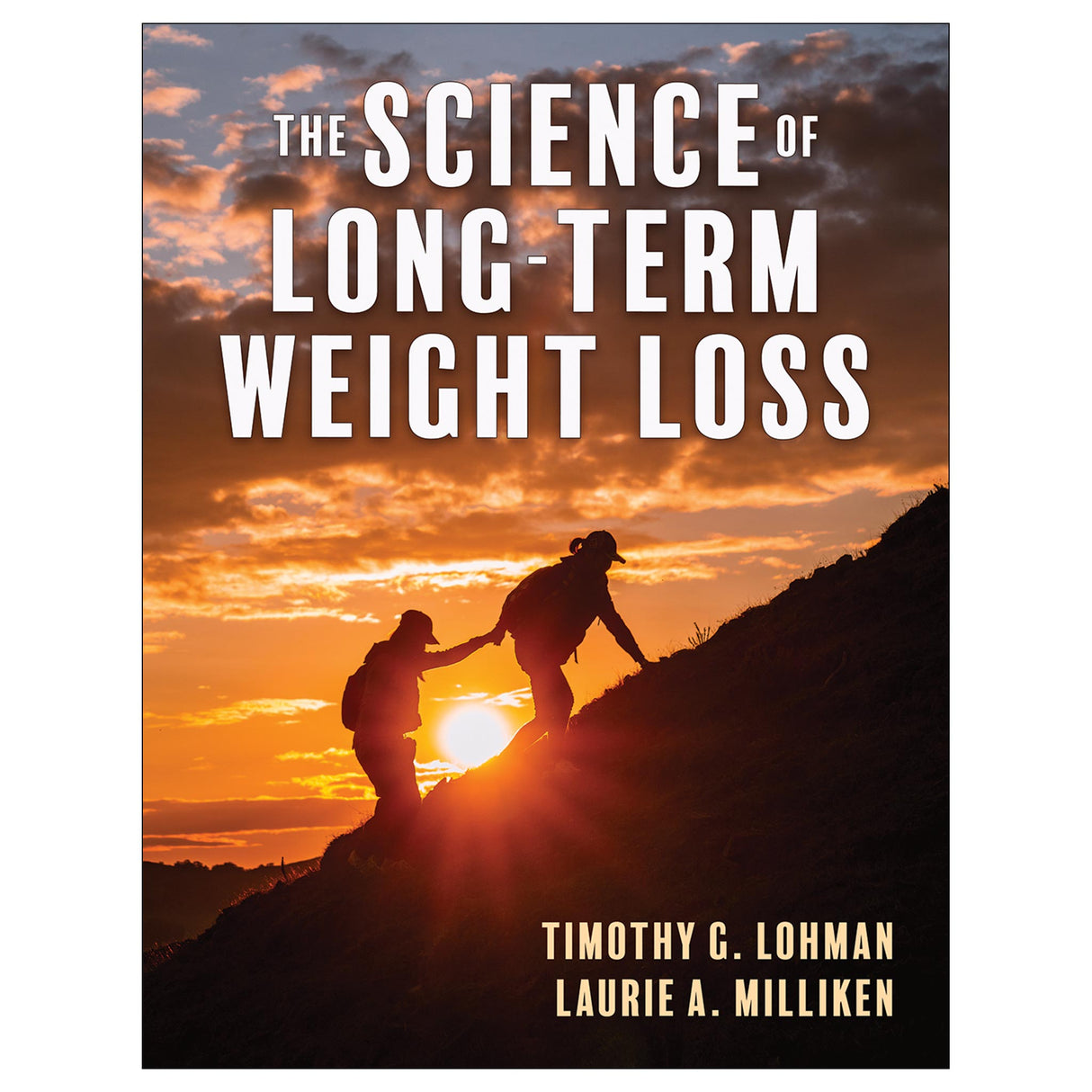The Science of Long-Term Weight Loss epub
Author: Timothy Lohman, Laurie A. Milliken
$67.00 USD
Access Duration: 10 Years
The current obesity epidemic, which began in the 1980s and continues into the 21st century, has significantly affected the U.S. population and communities throughout the world. The Science of Long-Term Weight Loss counters the public health crisis with long-term weight loss solutions modified for individual lifestyles (rather than strategies that only offer evidence for short-term success). The text covers a broad range of topics, including food addiction, exercise resistance, night eating syndrome, emotional regulation, continuous care, problem-solving, accountability, and group support.
Throughout the text, case studies offer a glimpse into the struggles and successes involved with long-term weight loss. Putting It Into Perspective and Expert Perspective sidebars provide additional context to complex topics, and Do You Know? elements call out important information for readers. Each chapter contains objectives and summaries to aid in knowledge retention.
The Science of Long-Term Weight Loss begins by discussing the origins of the obesity epidemic and theoretical strategies to support weight loss. The authors use the complexity science approach to explain the factors that contribute to the prevalence of obesity, such as genetics and public policy. The text goes on to explore behavioral influences on body composition, such as physical activity and nutritional intake. Sustainable, long-term weight loss solutions and the prevention of weight regain are studied in depth, and societal factors such as the environment and food production are considered. Health care practitioners will find alternative approaches to weight loss that can be customized to the individual as well as practical advice to achieve client goals.
As a resource for understanding the multifaceted issues surrounding obesity and weight loss, this book will be invaluable to researchers and practitioners in fields studying or encountering obesity, including registered dietitians and nutritionists, as well as fitness and health professionals working with clients or patients who need long-term strategies for weight management.
Earn continuing education credits/units! A continuing education exam that uses this book is also available. It may be purchased separately or as part of a package that includes both the book and exam.
Audience
Researchers and practitioners in the field of obesity and weight management, including those in exercise science, nutrition, behavioral psychology, and medicine. Also for professionals such as fitness and health professionals, personal trainers, registered dietitians, physician assistants, and nutritionists who work on weight loss strategies with clients or patients.Chapter 2. Theoretical Approaches to Obesity and Weight Loss
Chapter 3. Obesity: The Interaction of Genetics and the Environment
Chapter 4. Childhood Obesity
Chapter 5. Interventions for Childhood Obesity
Chapter 6. Interventions for Weight Loss in Adults
Chapter 7. Physical Activity and Weight Loss
Chapter 8. Eating Behavior and Disorders of Eating
Chapter 9. Long-Term Weight Loss and the Prevention of Weight Regain
Chapter 10. Environment, Public Policy, and Long-Term Weight Loss
Chapter 11. Alternative Approaches for Long-Term Weight Loss (Part I)
Chapter 12. Alternative Approaches for Long-Term Weight Loss (Part II)
Chapter 13. Developing and Refining Long-Term Weight Loss Plans for Your Clients
Appendix. Answers for Case Studies









